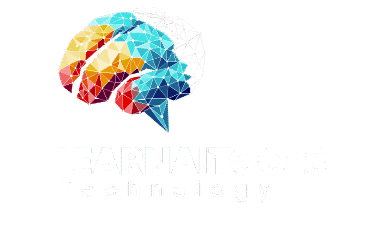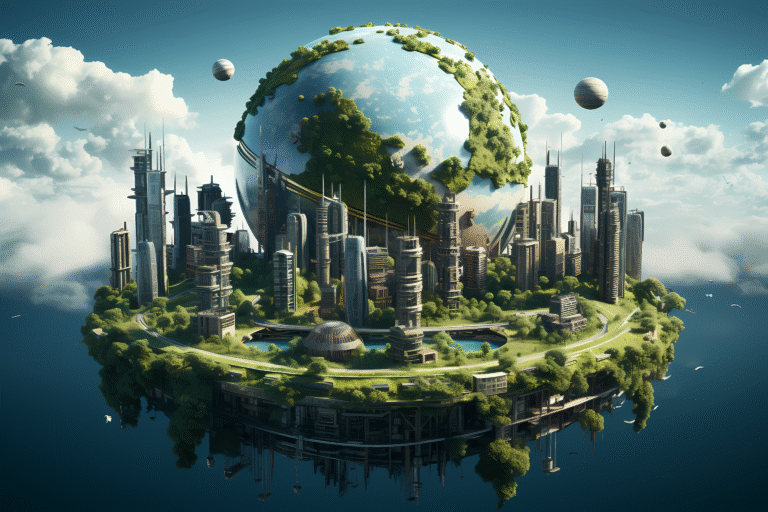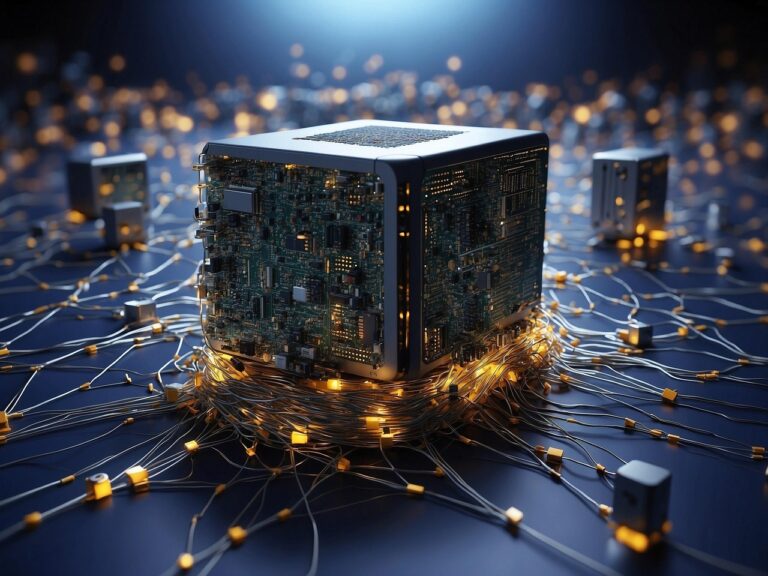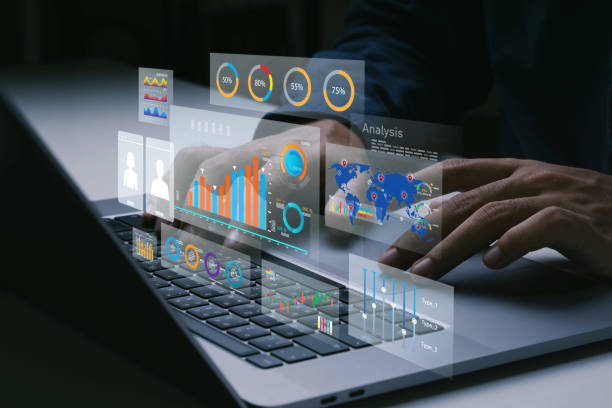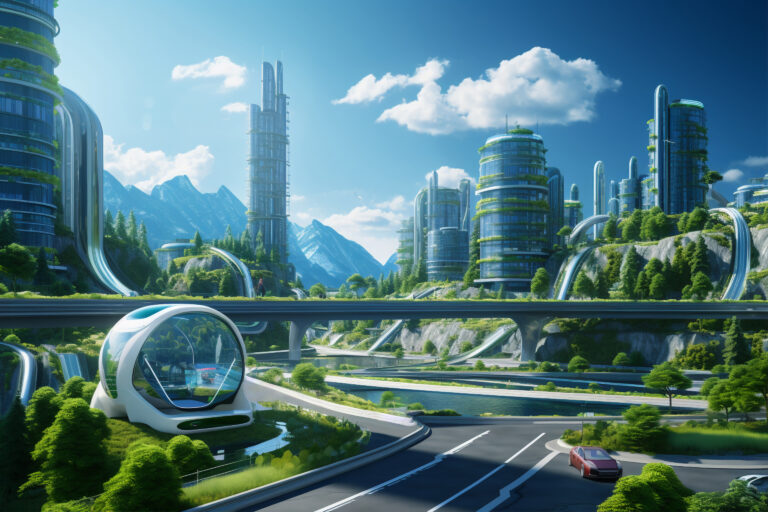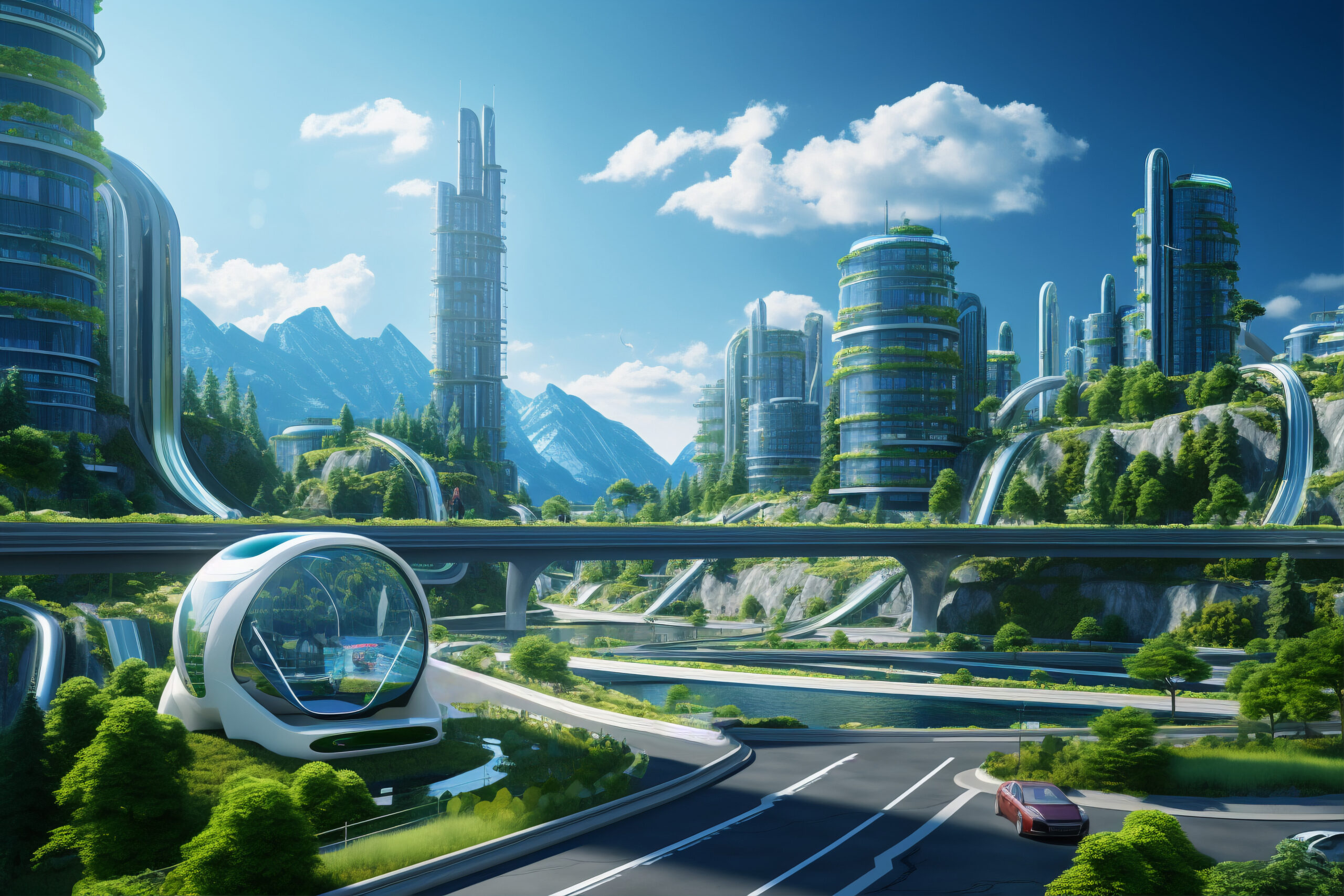
AI Smart Cities 2025 – Building Intelligent, Sustainable Urban Futures
Introduction
AI Smart Cities 2025 are no longer a distant dream—they are becoming a present reality. With rapid urbanization, population growth, and increasing pressure on infrastructure, the need for smarter cities is more urgent than ever. Artificial Intelligence (AI) is playing a transformative role in reshaping how cities function—making them more efficient, sustainable, and citizen-friendly.
In 2025, AI smart cities will redefine urban living by improving traffic systems, energy distribution, waste management, security, and citizen services. By integrating AI across different sectors, cities will not only become technologically advanced but also environmentally sustainable and socially inclusive.
What Makes AI Smart Cities 2025 Different?
AI Smart Cities 2025 are built on the foundation of data-driven decision-making, automation, and connectivity. Unlike traditional urban models, these cities use AI-powered systems to analyze vast amounts of real-time data. This allows governments and organizations to predict problems, provide faster solutions, and optimize resources effectively.
Some defining features include:
- Intelligent Transportation Systems – AI algorithms reduce traffic congestion, optimize routes, and cut down emissions.
- Smart Energy Grids – Real-time monitoring of energy usage ensures sustainability and cost savings.
- AI-Enhanced Security – Predictive policing, AI surveillance, and facial recognition make cities safer.
- Citizen-Centric Services – AI chatbots and virtual assistants make government services more accessible.
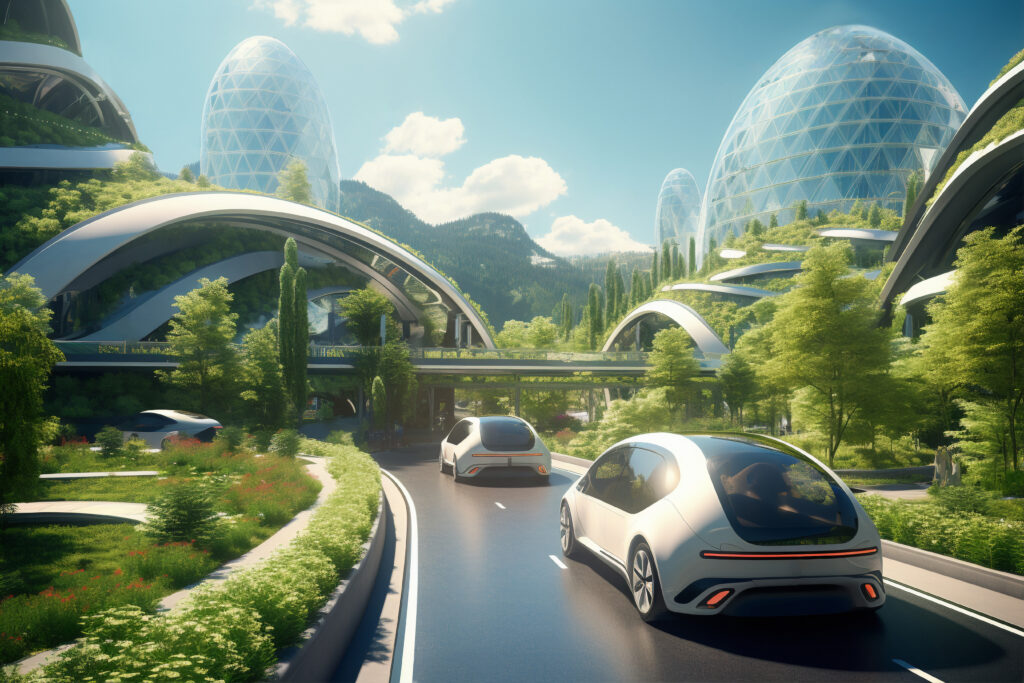
The Role of Artificial Intelligence in Urban Planning
AI Smart Cities 2025 rely on AI-driven tools for urban planning and infrastructure development. Machine learning models simulate population growth, housing demands, and traffic flows to help planners design smarter layouts. AI also plays a critical role in sustainable construction, optimizing materials and reducing environmental footprints.
By combining AI with IoT (Internet of Things), smart cities can detect air pollution, water wastage, or energy leakage in real time—ensuring a balance between development and sustainability.
AI Smart Cities 2025 and Sustainability
One of the most significant goals of AI Smart Cities 2025 is environmental sustainability. Climate change and urban pollution are among the biggest global challenges, and AI offers effective solutions:
- Smart grids lower carbon emissions by efficiently distributing electricity.
- AI monitors waste and recycling processes, reducing landfill usage.
- AI-enabled water management systems ensure clean and sustainable water supply.
Cities like Singapore, Dubai, and Amsterdam are already leading examples of how AI can build green, eco-friendly environments.
AI in Smart Transportation Systems
AI Smart Cities 2025 will revolutionize transportation through:
- Autonomous Vehicles that reduce accidents and traffic jams.
- AI-Powered Traffic Signals that adapt in real-time to congestion.
- Predictive Analytics that reduce delays in public transport systems.
By 2025, millions of people will benefit from AI-driven transport, making cities not only faster but also safer and more eco-friendly.
AI for Public Safety and Security
Public safety is a major priority in AI Smart Cities 2025. Through predictive policing, AI can detect unusual patterns in real-time, reducing crime before it happens. Facial recognition and biometric verification will strengthen security in airports, railways, and crowded public spaces.
Although privacy concerns remain, responsible governance and ethical use of AI will ensure that technology is not misused while keeping citizens safe.
Healthcare in AI Smart Cities 2025
AI is also transforming healthcare in smart cities. Real-time monitoring devices, AI-powered diagnosis, and predictive health analytics will ensure better care for citizens. Emergency response systems will be faster, with ambulances receiving AI-generated traffic routes to reach patients quickly.
Healthcare in AI Smart Cities 2025 will focus on prevention rather than cure, reducing overall costs and improving life expectancy.
Challenges in Building AI Smart Cities 2025
While AI brings endless opportunities, it also comes with challenges:
- Privacy Issues due to large-scale data collection.
- High Implementation Costs for AI infrastructure.
- Cybersecurity Threats targeting critical urban systems.
- Social Inequality if access to smart services is not uniform.
For AI Smart Cities 2025 to succeed, governments, businesses, and citizens must collaborate to create ethical, inclusive, and secure frameworks.
Future of AI Smart Cities 2025
The future of AI Smart Cities 2025 is bright. With advancements in 5G, IoT, robotics, and AI, cities will become hubs of innovation and sustainability. By embracing this shift, countries can ensure economic growth while improving quality of life for their citizens.
Smart cities of 2025 will not just be about technology—they will be about people. AI will empower communities, strengthen governance, and create opportunities for everyone, making urban living truly human-centric.
Conclusion
AI Smart Cities 2025 are shaping the future of urbanization. By merging artificial intelligence with urban planning, healthcare, energy, security, and transportation, these cities will create smarter, safer, and more sustainable environments.
If managed responsibly, AI Smart Cities 2025 will not only redefine how we live but also ensure that technology works for the greater good of society. The coming years will determine how nations adopt these innovations, but one thing is clear—the future of cities is AI-driven. To explore more about AI-driven innovations, visit Learn AI Tools.
